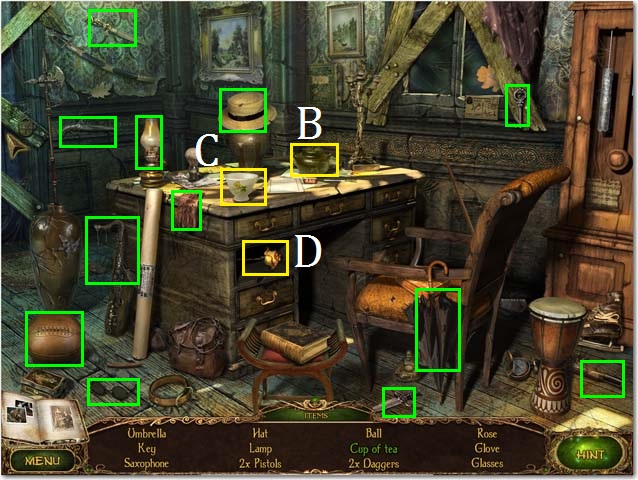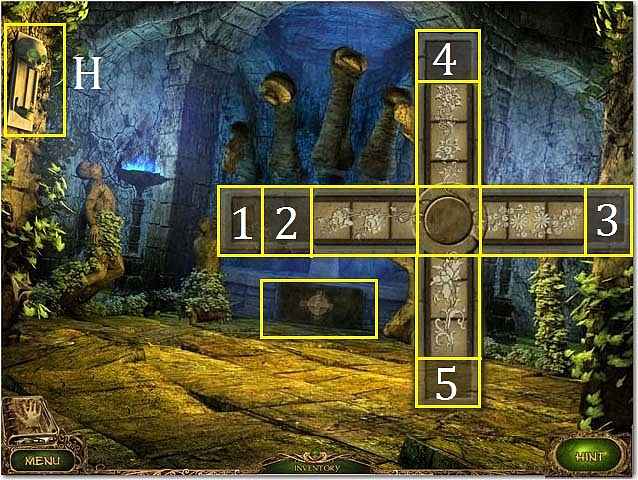

The land in the Marie De Cygne is excellent, and good timber. There are good claims in that vicinity-I am told, not taken. The soil is very rich and mellow, and I saw a very fine apple orchard, with forty trees, many of them having borne fruit. I visited the portion formerly cultivated by the Pottawatamies and sold by them to our Government. There is very rich land and good timber on the Pottawatamie. The prairie is less rich, and the stone scattered pretty freely upon the surface, as well as beneath the sod. The timber in this section is finer than in any section we have travelled it has been less affected by the fires, consequently grown thicker, taller and straighter. Ossawatamie is a new town with few cabins, but those very good ones, and is located at the junction of the Marie De Cygne and Pottawatamie, the two streams which form the Osage.- The distance from stream to stream, for a mile from its junction, is only about 1 and ½ miles they form a semi-circle by their junctions.įrom the timber, or bottom land on their banks, rises the high prairie, making a fine location for a village, the claims of the villagers meeting on the prairie and ending in the streams on either side. It not being "alone with nature," for it seems as though nature had gone on a long journey, "emigrated," and taken all her treasures with her, and left her hearth-stone dark. I can think of nothing more solitary, more desolate. I would not be willing to live so far from land as in one of these, where no tree nor spring greets the eye. In going to Ossawatamie we cross a twelve and eight mile prairie. Six miles from us, on the south, is the Ottawa reserve, which is eleven miles square, and a very fine country. We have taken four claims together, about 160 acres of wood between us, the rest prairie. Whitcomb had gone from Kansas to take claims-we all came and took possession. Here, after visiting Ossawatamie-where Mr. Wood and water are abundant and the prairie high and very rich, besides being beautifully broken in upon, by wooded ravines sweeping out from the timber on the streams, as if they would, by embracing, chase away the solitude of the prairie. I liked this region of country better than any I have seen. Powell, Post Master by appointment for "Lane P. We travelled over and around some twelve miles in this locality,-stopping for the night with Mr. Jones' farm, south, on the Ottawa reserve. Here we were about eighteen or twenty miles from Lawrence and some six miles from J. We came into a most beautiful and rich country, besides being well watered and heavily timbered, in the vicinity of Hickory Point.- Two or three miles from Hickory Point we struck into the old Santa Fe road, followed it two miles and then struck off on the prairies to the right and south, wandering out of our direct route to see the country. From Blanton to Kibbys, on the Ottawa, we had no road, but travelled by the "points of the compass." We might have taken the road by Hickory Point, but the gentleman who carried me to Ossawatamie, had "business" with settlers out of the travelled road and took a "bee line," over ravine and prairie, as if such things as surveyed roads were entirely unnecessary.- When we struck the Wakarusa we found fine timber, beautiful prairie and bottom lands, much of the former already claimed, though few cabins are as yet erected.

From Blanton we struck across the country about south, and to the east of Hickory Point, another settlement at the extreme head water of the Marie De Cygne -striking the Ottawa Creek eight miles or so, from Blanton.

We took a sufficiently marked road from Lawrence to "Blanton," a new Yankee settlement on the Wakarusa six miles from Lawrence in a south east direction.
#Forgotten souls our last night meaning full
But the past two weeks have been too full of toil and care so full that rest is the first demand of body and mind.- However, as we have only a weekly mail to Westport, Mo., (whence it goes daily) I may not delay another day in communicating with friends at the East, and will commence where I left off.Īt the date of my last, I set off behind a pair of mules!-for Ossawatamie. Your Kansas correspondent feels very little like writing, though the skies are bright and birds singing outside her log cabin, with an inspiration which the lover of nature cannot turn from with indifference. The Forgotten Feminist of Kansas, 2 The Papers of Clarina I.


 0 kommentar(er)
0 kommentar(er)
